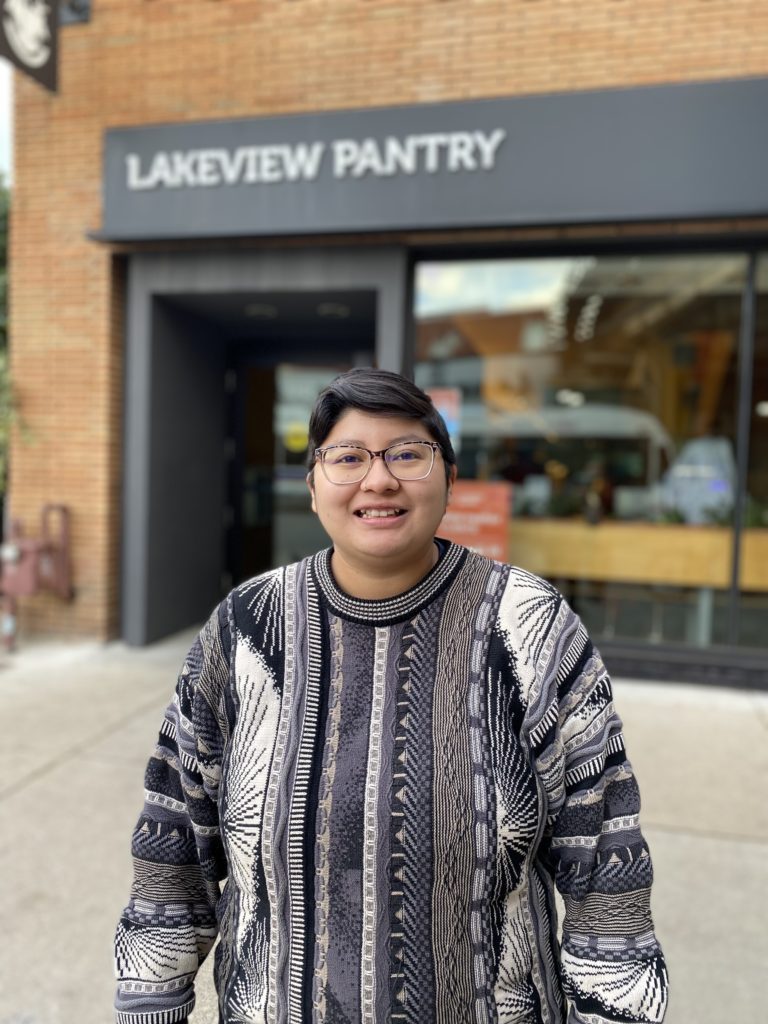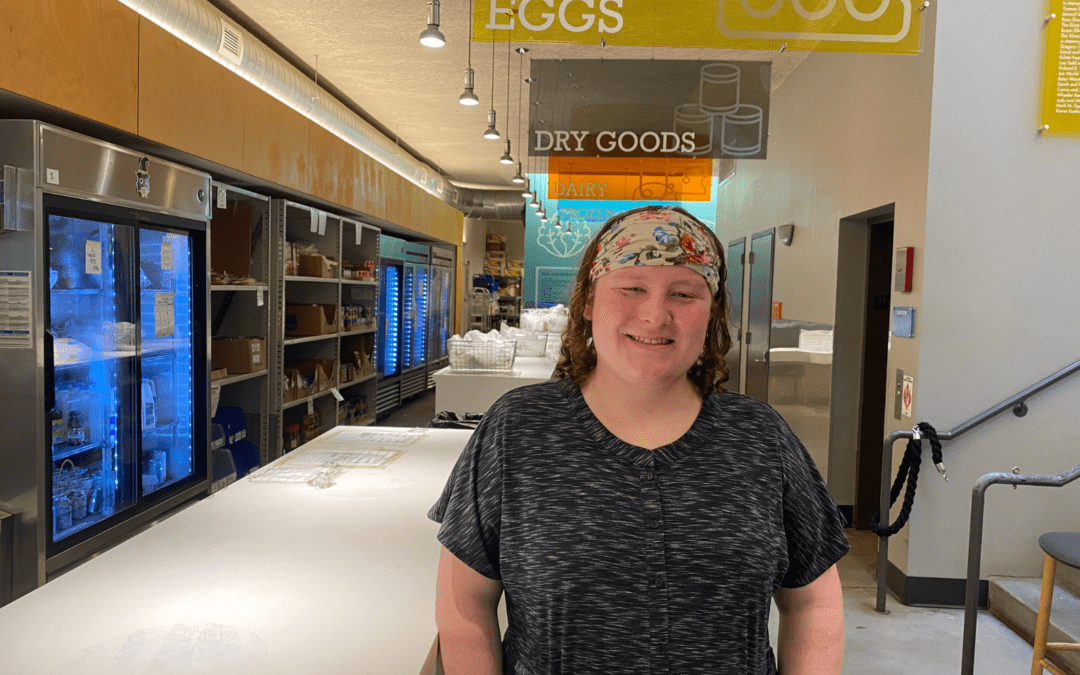Gwen Drummond knows from personal experience how the pandemic has affected LGBTQIA+ people in distinct ways.
In 2019, they began gender-affirming hormone therapy after coming out as a transgender woman. Once the pandemic struck, they were unable to receive consistent access to hormone injections because medical resources were in short supply.
The disruption caused her physical discomfort and anxiety that few cisgender people can likely relate to.
“I think what we’ll see a number of years from now is that everything has gotten worse (for LGBTQIA+ people) during the pandemic,” said Drummond, 25, a mental wellness intern at Nourishing Hope, who uses both feminine and gender-neutral pronouns.
To provide a safe and supportive outlet for those with similarly isolating experiences, Nourishing Hope is launching “Queer in the Time of COVID,” a new mental health counseling group that will be offered virtually and at no cost. The group will be facilitated by Marina Silva, a bilingual therapist at Nourishing Hope, and by Drummond, who is studying clinical and mental health counseling at Adler University.

Marina Silva, a bilingual therapist at Nourishing Hope, wants to help queer people who have struggled during the pandemic.
The hope is to provide a safe space for LGBTQIA+ people to reflect on their respective challenges during the pandemic, which could include the loss of community spaces in which they feel safe.
“As someone who identifies as a queer person of color, it’s important to me to be able to hold the space so other people can come in and feel welcome and share their experiences,” said Silva, 26.
The counseling group, which will meet for about an hour each week, will abide by HIPAA confidentiality regulations.
National research has found that LGBTQIA+ people experience food insecurity at higher rates than others, despite progress in societal acceptance and civil rights protections.
About 27 percent of LGBT adults experienced food insecurity in the prior year, compared to about 17 percent for non-LGBT adults, according to a 2016 study from the Williams Institute at UCLA’s School of Law.
There’s also recent research on how heightened food insecurity in the pandemic had led to significantly higher risks of anxiety and depression. Nourishing Hope has grown its mental health counseling programs during the ongoing pandemic to meet the needs of the people we serve.
Both Silva and Drummond have met with clients during the pandemic who are closeted, isolated and struggling financially, all challenges that have been exacerbated by the ongoing pandemic.
Though Silva and Drummond have had very different experiences, they agree that coming out as LGBTQIA+ is a gradual process that involves learning to assess the level of safety and acceptance one might receive.
And reintegrating into society after the isolation of the pandemic-related shutdown can mean having to come out again to different people, Silva said. The counseling group will provide support to people in that situation.
Silva first embraced her queer identity in high school, she said. Her friends and family have been largely supportive along the way.
Drummond first came out as bisexual in middle school, before later, at age 21, coming to the realization that they didn’t identify as being a man. The news wasn’t well received by Drummond’s family.
“Almost everyone in my life disappeared,” Drummond said.
Despite progress toward broader societal acceptance of LGBTQIA+ people, many still don’t feel safe to publicly identify as their true selves — even in a progressive urban area like Chicago. Silva and Drummond hope to be there for people who need support.
“Coming out is a process and privilege,” Silva said. “It’s important to feel welcome and appreciated.”
